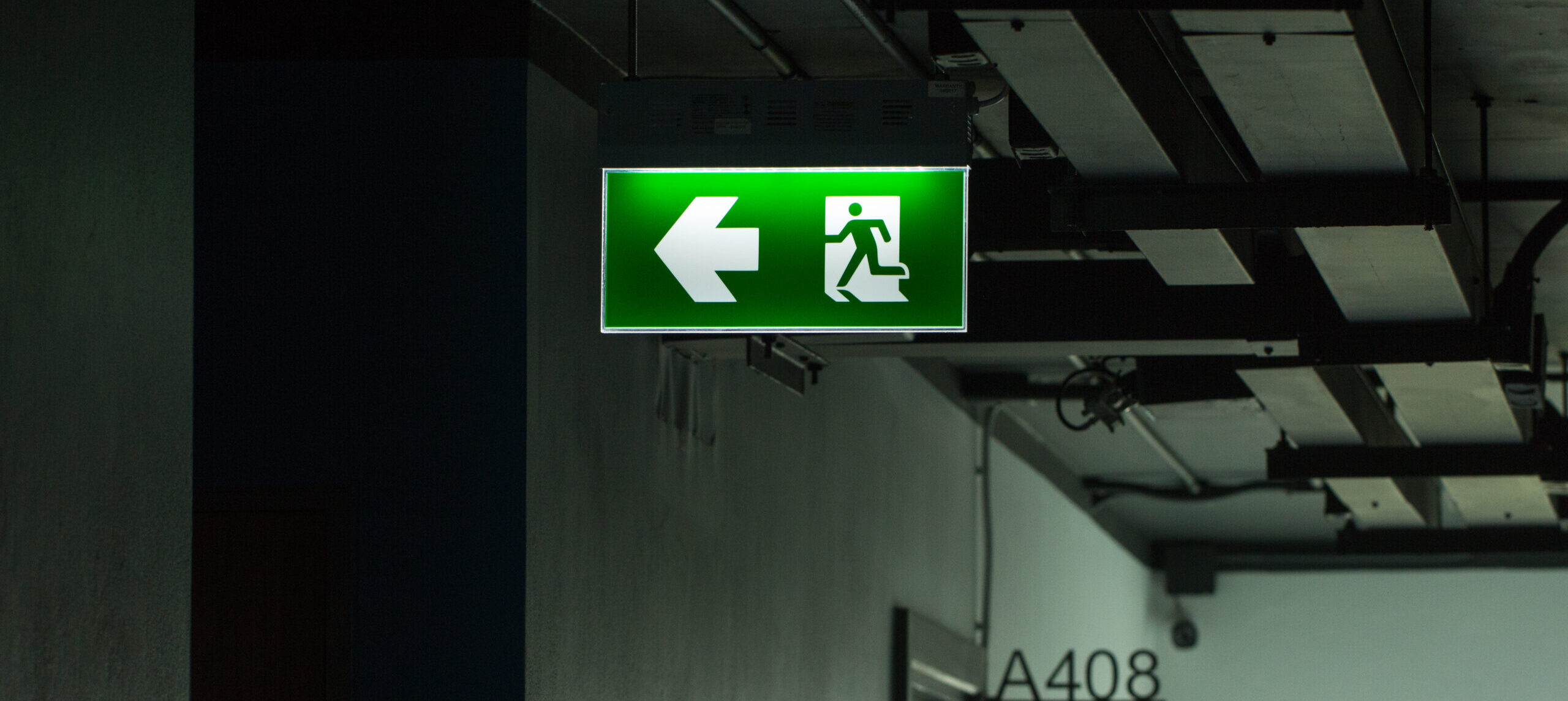Today (20th July 2020), the government has published a draft of its long awaited Building Safety Bill which introduces legislation changes that address the issues that contributed to the Grenfell Tower tragedy.
Following the fire, a review concluded that the whole system of building and managing high-rise homes needed reform so that the safety of residents became a greater priority.
The recommendations from this independent review, led by Dame Judith Hackitt, were accepted by government, and along with the existing Fire Safety Bill, will lay the foundations for what the government is reporting will provide the biggest improvements to building safety in nearly 40 years.
What does the Bill mean for industry?
It will make sure that those responsible for resident safety are accountable for any mistakes and must put them right. The Bill will also establish a new regulator that will enforce these new rules set out in the Bill, and will have three main functions:
1. Oversee the safety and standards of all buildings
2. Directly assure the safety of higher risk buildings
3. Improve the competence of people responsible for managing and overseeing building work
The Building Safety Bill presents a new, more stringent set of rules for high-rise residential buildings. These new rules, set out in the draft Bill, will contain clear guidance for who is responsible for managing the potential risks at the three stages of a building’s life cycle: design, construction and occupation. It will also set out what is required to move onto the next stage in this cycle, enabling transparency of vital information.
Once a new building that falls under the new rules reaches the occupation stage, it will need to be registered with the Building Safety Regulator and apply for a Building Assurance Certificate. The Accountable Person will then need to conduct and maintain a safety case risk assessment for the building and appoint a Building Safety Manager to oversee it day to day.
Additionally, those who are responsible for signing off buildings as safe to live in will also have to follow the new rules and will have to register with the regulator.
What happens next?
Now the draft Bill has been published, it will go through a period of consultation and scrutiny before it’s introduced to Parliament. It will be examined by a Parliamentary committee and the government will also seek feedback from stakeholders, including both industry and residents.
Although difficult to predict, we expect to see more detailed guidance from MHCLG on the role of the Building Safety Manager and details of the Building Safety Case over the next few months.
We’ll be posting more on the Bill both here on our website and on LinkedIn as soon as it’s available so be sure to follow us.










